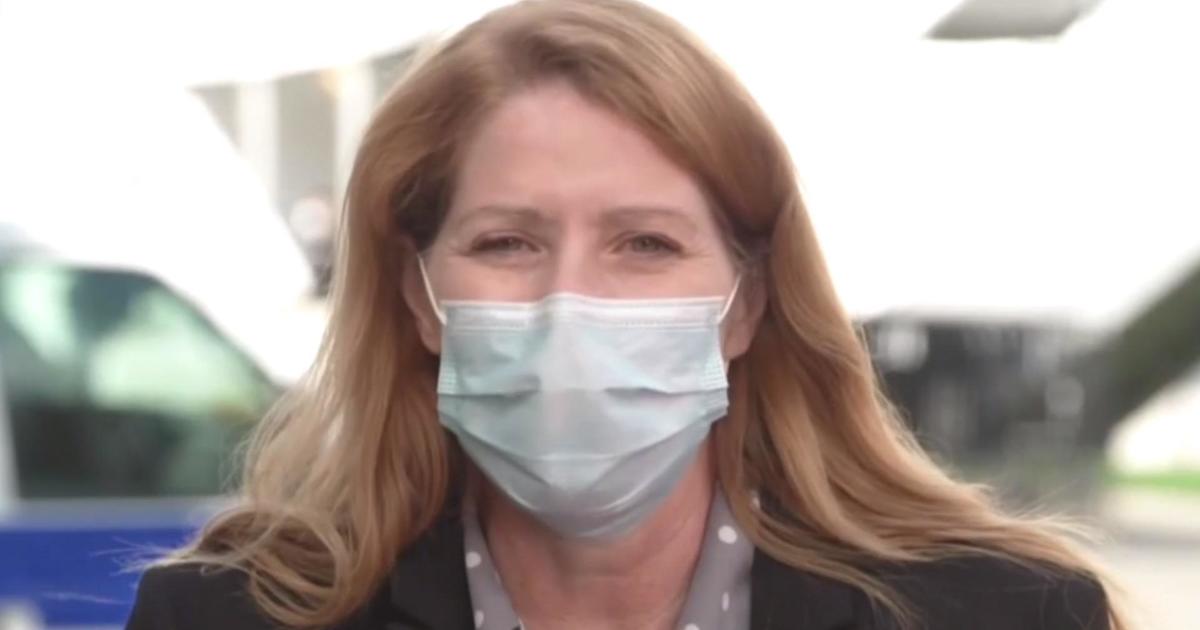As hospitals in the epicenter of New York strain to handle the influx of coronavirus patients, retired members of the military want to help. In our series, “Profiles in Service,” we meet a group of veterans answering the call and bringing their skills to a different kind of frontline — in a different kind of battle.
Colonel Melissa Givens spent two decades as an emergency room physician in the U.S. Army.
“I’m getting choked up thinking about this, but you served 20 years in the military, and now you’re retired, but you’re still serving your country,” CBS News’ Norah O’Donnell told Givens.
“There’s nothing I would rather do and I’m with the people I would choose to do it with for the rest of my life,” Givens replied.
For Givens, it’s about a life of service. In record time, she helped New York-Presbyterian Hospital transform an indoor soccer stadium into a field hospital for COVID-19 patients.
“What led you to this new mission?” O’Donnell asked.
“I really felt the call to serve,” Givens said. “I’m a physician. I had skills I could offer.”
There was a critical need — over 200 beds — but how would they find doctors and nurses? Colonel Givens posted on social media. In 36 hours, over 800 veterans answered the call to serve.
“I’m actually overwhelmed at the response of these veterans and their willingness to leave their homes and their families and put themselves at risk,” said Givens. “But on the other hand, I’m not surprised at all. This is what veterans do, they have a calling to serve.”
Veterans like former flight medic Ricky Ditzel Jr., who left the U.S. Army two weeks ago.
“Most people don’t race to the epicenter of a pandemic, but you did. Why?” O’Donnell asked.
“I saw the opportunity to continue to serve and I figured a pandemic environment was very similar to an environment overseas,” Ditzel explained.
The field hospital is named after Navy SEAL Ryan Larkin, a medic and sniper who served four tours in Iraq and Afghanistan.
“He was somebody who had a passion for serving and caring for patients, and we really wanted to honor his name,” Givens said.
Colonel Givens now serves as the hospital’s medical director. The head nurse and the hospital’s chief operating officer are also women. “It’s felt good to have this — I would almost call it a sisterhood — as we try and solve hard problems,” said Givens.
“What have you learned while you are there in New York at that field hospital?” O’Donnell asked.
“I think it’s just been reinforced in me just how good the human spirit is,” Givens replied. “If you put the call out, people will respond. They just need to know how to help and they’re going to show up.”
